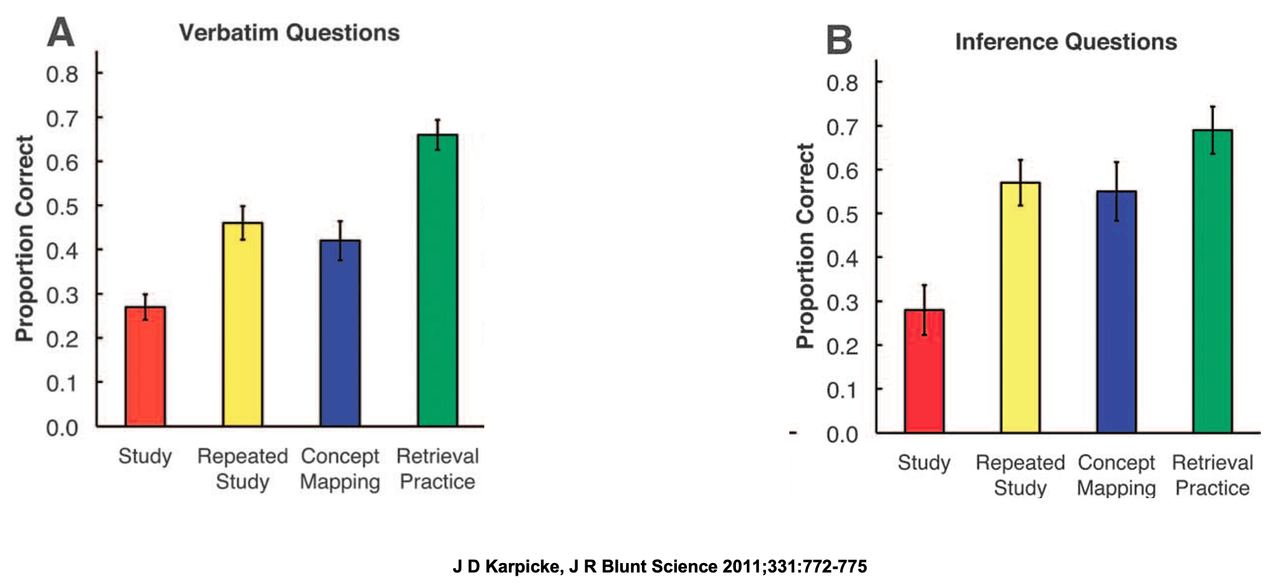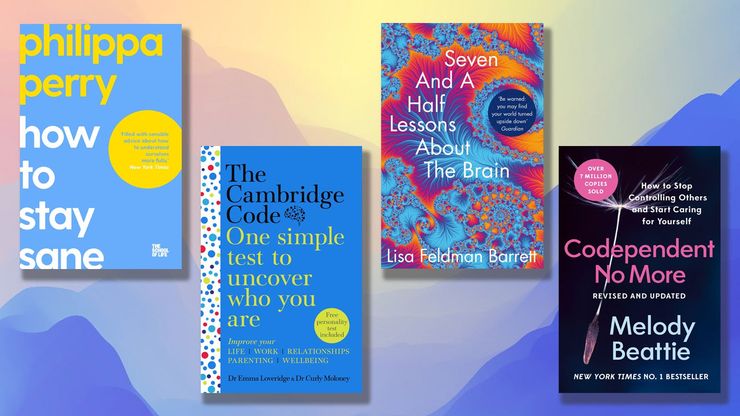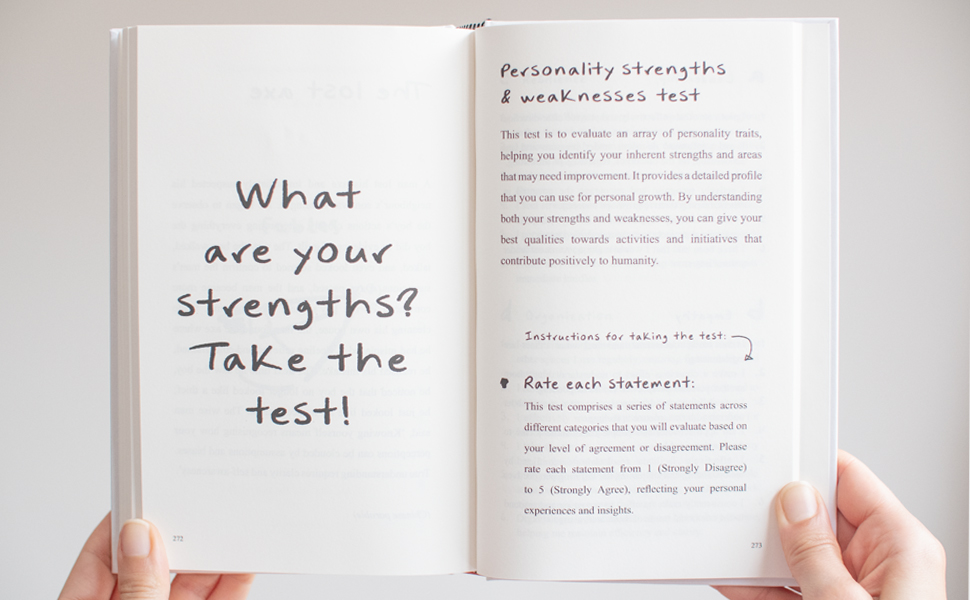Building a precise image of ourselves that lines up with reality can once in a while appear to be far off. We routinely block undesirable or awkward considerations and sentiments, and are laden with issues of self-reference and mental predisposition (Ananthaswamy, 2017; Wilson and Dunn, 2004).
While thoughtfulness might have its cutoff points, there are alternate ways of expanding our self-information, like changing our concentration, seeing ourselves through the eyes of others, and utilizing perception and care.
This article investigates these methods and others, featuring questions, books, and statements that might be useful to us along our self-disclosure venture. Before you proceed, we figured you could get a kick out of the chance to download our three Self-Sympathy Activities for nothing.
These itemized, science-based activities will assist you with expanding the empathy and consideration you show yourself and will likewise give you the apparatuses to help your clients, understudies, or workers show more sympathy to themselves.
Where Does Self-Knowledge Come From?

At the point when we consider our ability for self-information, a large number of us deliberately or unknowingly consider our selves separate from our material bodies. In any case, clinicians and neuroscientists concur that the 'I' that we experience is "a result of the material cycles that comprise our mind and body," not some supernatural, non-actual substance (Ananthaswamy, 2017).
Notwithstanding what we are familiar our cerebrum, we have restricted information on where our self-information comes from. Thoughtfulness may not give the immediate line to self-information that we could anticipate. All things considered, seeing ourselves according to elective viewpoints might be more valuable.
There are a large number "vulnerable sides in self-information, and these vulnerable sides can have unfortunate results for oneself and for other people" (Carlson, 2013, p. 173).Our level of self-information is fundamental, as deficient self-information is related with lower scholarly accomplishment and close to home issues, and an absence of understanding can prompt terrible direction (Carlson, 2013).

While individuals have some knowledge into what they are like, that understanding might be less hearty than they suspect. Research recommends that individuals know nothing about how they act, decide, and what spurs them (Carlson, 2013). Furthermore, the discoveries show that individuals' ability to realize themselves is defective and a long way from everything our instinct could say to us.
Self-discernment hypothesis recommends that we notice the conduct we take part in pertinent to explicit qualities (Carlson, 2013). For example, we might reach inferences in regards to our liberality in light of the beneficent gifts we make.
The amount and nature of the data accessible can deceive. We frequently miss the mark on capacity to survey our way of behaving and our secret inspirations. Nonverbal way of behaving can go undetected, and we can over-or underrate the straightforwardness of our inward states (Carlson, 2013).
There may likewise be just an excessive amount of data to take in when we attempt to notice ourselves (Wilson and Dunn, 2004). Not just that, we might be spurred to keep a portion of our viewpoints and sentiments stowed away - beyond cognizance.
Famous counsel and the focal thoughts of analysis ordinarily empower that we keep away from undesirable considerations. The outcome is that we might smother sentiments while residual willfully ignorant we are doing as such (Wilson and Dunn, 2004).
In any case, studies propose alternate ways of expanding self-information that take us past these limits and the conceivable confusion of contemplation, the majority of which include modifying our perceptual stance.
How to Improve Self-Knowledge?
An individual who has self-information knows about his overall inclinations (e.g., that he will in general be calm and saved) as well as his setting explicit inclinations (e.g., that he is garrulous at parties)" (Carlson, 2013, p. 174).
Reflection includes participating in self-assessment of our brain and endeavoring to recognize why we think, feel, and act as we do (Carlson, 2013).
Thoughtfulness has been depicted as resembling an archeological dig, with individuals attempting to surface secret mental states (Wilson and Dunn, 2004). On the off chance that thoughtfulness can't straightforwardly get close enough to oblivious mental cycles, what are our choices?
Re-focusing introspection
Rather than zeroing in on the purposes for a disposition and why we feel a specific way, a few examinations have found that it could be smarter to zero in on the idea of the mentality and how we feel (Wilson and Dunn, 2004). This approach seems to expand the availability of sentiments and how much these sentiments anticipate future way of behaving.
Writing about traumatic events
One more type of contemplation that can receive positive benefits includes participating recorded as a hard copy. Indeed, even a humble measure of time spent composition (15 to 30 minutes) about intense subject matters more than three to five days can advance mental and actual prosperity (Wilson and Dunn, 2004).

Recording contemplations can help abstain from ruminating (more than once repeating occasions, which can prompt a negative state of mind) while decreasing meddling considerations and stresses by working on self-understanding.
Visualization
Envisioning what is happening and the way that it causes an individual to feel can assist with revealing both certain and unequivocal intentions behind conduct. Representation seems to permit individuals to test the sentiments related with oblivious thought processes and perspectives (Wilson and Dunn, 2004).
Mindfulness
Care assists us with conquering a considerable lot of the boundaries related with contemplation. Developing a non-evaluative, nonjudgmental familiarity with our encounters implies we can notice the consistent and continuous stream of mental peculiarities as they emerge (Carlson, 2013).
Such metacognitive checking of our viewpoints includes interest, acknowledgment, and transparency (Fleming, 2021). Instead of endeavoring to make sense of, break down, and decipher, we just notice. We notice "contemplations and feelings as they emerge without elaboration or rumination" (Carlson, 2013, p. 176).

